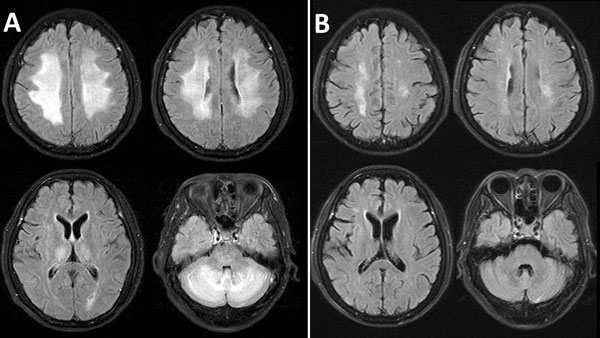Psychiatric Study indicates people with ADHD have Smaller Brains. Is it True?

In today’s world, many of us view science as something like an infallible religion. “Science says” or “research proves” are phrases that have an almost biblical-like quality, and are often used in a dogmatic manner to justify a particular worldview or belief system.
Although we are incredibly passionate about science, we do understand that it has its limits.It is imperative that we approach science with a healthy degree of epistemological humility. We make mistakes, and we should constantly be aware that these mistakes have a real-world impact. Max Planck’s well-known quote that “science dies one funeral at a time” can, unfortunately, be taken literally. Human lives, and the lives of all living things, are often at stake in the game we call science.
One example of this real-world impact is recently published article on ADHD in the Lancet. In their findings, the researchers argued, incorrectly, that individuals diagnosed with ADHD have smaller brains. Robert Whitaker, Harvard professor, journalist and mental health advocate, and his Mad in America Foundation wrote a letter to the Lancet challenging the article’s findings and showing how the data was misinterpreted to portray people labelled with ADHD as somehow biologically deficient in terms of their brains, a finding that can have political and social ramifications for the individuals involved. These people are not numbers on a chart in a laboratory; they are human beings who have to deal with circumstances that are unique to them, and their difficulties should be understood in the context of their complex, multidimensional lives.
To learn more about the way science can be manipulated and misunderstood, watch epidemiologist Ben Goldacre’s TED talks on Bad Science and Bad Pharma, and Peter Gotszche’s talk on the manipulation of data in the field of psychiatry.
These findings should not, however, discourage us, nor should they taint our view of science in general. From penicillin, to the discovery that the brain can change (neuroplasticity), we have much to celebrate in the way of scientific knowledge.
**This is informative and NOT individual medical advice.
**DRUG WITHDRAWAL should ALWAYS be done under the supervision of a qualified professional. These drugs alter your brain chemistry, and withdrawal can be a difficult process. There are thousands of patient-run sites on withdrawal from psychoactive substances on the Internet, and many books available in stores and online. We suggest you begin looking at the resources page on Mad in America: http://www.madinamerica.com/resources/#drug_tapering. Dr. Peter Breggin also has a brilliant book on withdrawal: Psychiatric Drug Withdrawal A Guide for Prescribers, Therapists, Patients, and Their Families. New York: Springer Pub. Co., 2013.
**For general information on the current state of psychiatry please visit http://www.madinamerica.com
**If you or someone you know is being threatened with drug treatment please visit http://psychrights.org
**To report any adverse psychotropic drug effects you have experienced, and for more detailed individual drug information, please visit https://www.rxisk.org
Feel free to upvote, resteem, comment and find more info at https://wholemindproject.com
Watch online here
►►►►►►►►►►►►►►►►►►►►►
Click here:
►► http://moviezland.com ◄◄
►► http://moviezland.com ◄◄
►► http://moviezland.com ◄◄
-=-=-=-=-=-=-=-=-=-=-=-=-=-=-=-=-=-=-=-=-=
Watch online here
►►►►►►►►►►►►►►►►►►►►►
Click here:
►► http://moviezland.com ◄◄
►► http://moviezland.com ◄◄
►► http://moviezland.com ◄◄
-=-=-=-=-=-=-=-=-=-=-=-=-=-=-=-=-=-=-=-=-=
63964